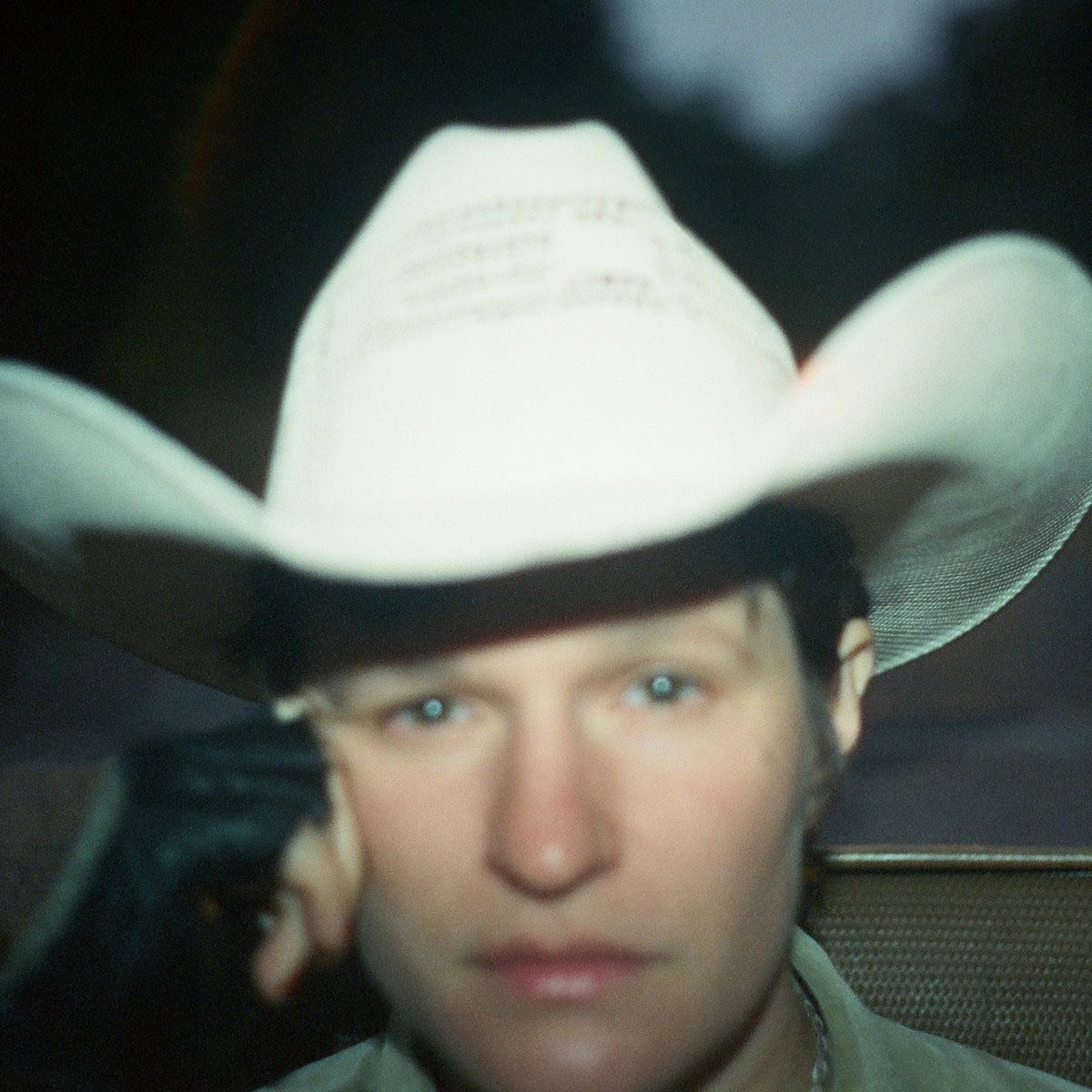Adrianne Lenker
Bright Future
4AD
ABOVE THE CURRENT
In 2020, Big Thief’s Adrianne Lenker retreated to a cabin in western Massachusetts to record the songs that would become her twin solo albums Songs and Instrumentals. Released a day apart, they reflected on healing while in the thick of it as arpeggios and wind chimes danced over images of bleeding wounds, undead girls, and lost loves. But where these two releases were an intensive, isolated effort, Lenker’s new solo offering Bright Future was born of a magic coming-together. Several longtime friends and collaborators joined her in the forest at the analog studio Double Infinity: Nick Hakim, Philip Weinrobe, Twain’s Mat Davidson, and Josefin Runsteen. The result is a meditation on loving that shows off one of the things Lenker does best as a songwriter: taking words and memories into her hands and turning them in the sunlight to reveal new angles and new perceptions.
Bright Future considers those who hold our hearts in the most complicated ways: mothers, lovers, God. As all things do, the album starts with the first of these, in the childhood reflections of “Real House.” The track opens with Hakim’s piano and Runsteen’s violin, which weave into human sounds of breathing and rustling as Lenker recalls scary movies, dreams of flying, and memories of braiding a crown out of willow branches. Two hospital visits emerge: her own at 14, and the family dog’s, whose death brought her family back together. In comparing them, Lenker’s visions refract against each other. She sees her mother making her laugh and crying for the first time, herself as both patient and mourner, them both as animals in need of care. “Your love,” she repeats, “is all I want.”
Lenker has commented on the duality of the title “Bright Future,” which could at once imply promise or burnout, illumination or engulfment. Dualities like this appear throughout the album, and on “Evol,” they’re literal—playful semordnilaps like “time” and “emit,” or “devil” and “lived,” explore the double-edged nature of vulnerability before language itself finally breaks down. When Lenker says plainly through this fog “You have my heart and I want it back,” her voice wavers with emotion, but she doesn’t seem desperate or defensive. Rather, she’s calling love back to her even after everything, bringing something home that she pushed away for a while.
There’s a playfulness to Bright Future’s doubled depictions of love—a curiosity in its approach to knowing another. Rather than let the fun hide the resonance, though, Lenker uses it as a waymarker. Early on in “Fool,” she offers “we could be friends,” and finds herself cracking up while trying to get the words out, the idea absurd but not rejected. Later, on “Donut Seam,” she declares “Our love is dying” with a soft smile. “Don’t it seem like a good time for kissing?”
That’s the thing about endings, the ultimate duality that Bright Future turns to over and over. Each one carries a beginning with it—the death of one thing can create the birth of something new. “Sadness as a Gift” sees this plainly, and offers thanks to an old flame for lessons learned and time shared as seasons spin away. At such a dizzying speed, it’s natural to mourn what you’re leaving. As Lenker marvels at the majesty of every passing second, though, it’s impossible not to look forward to what might come next.







